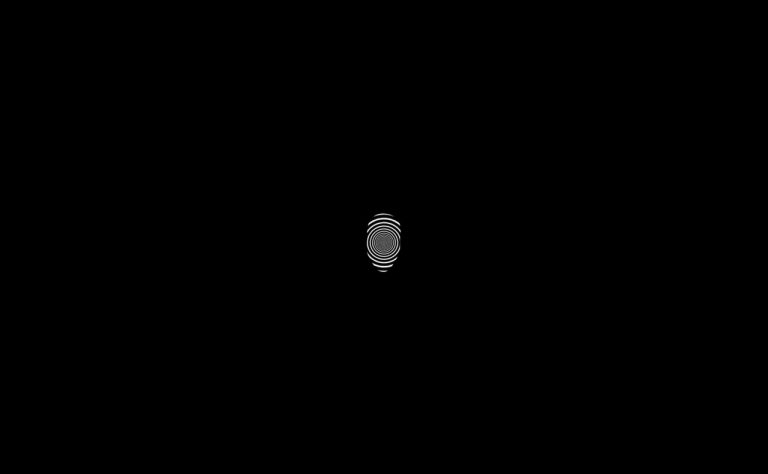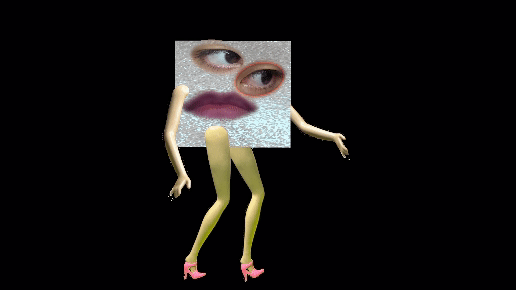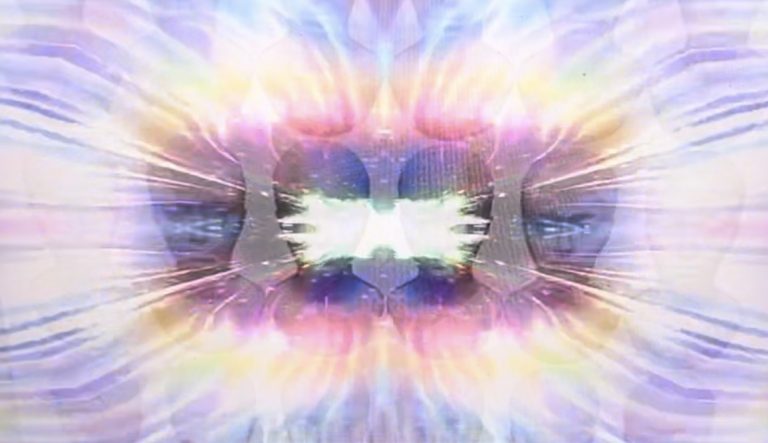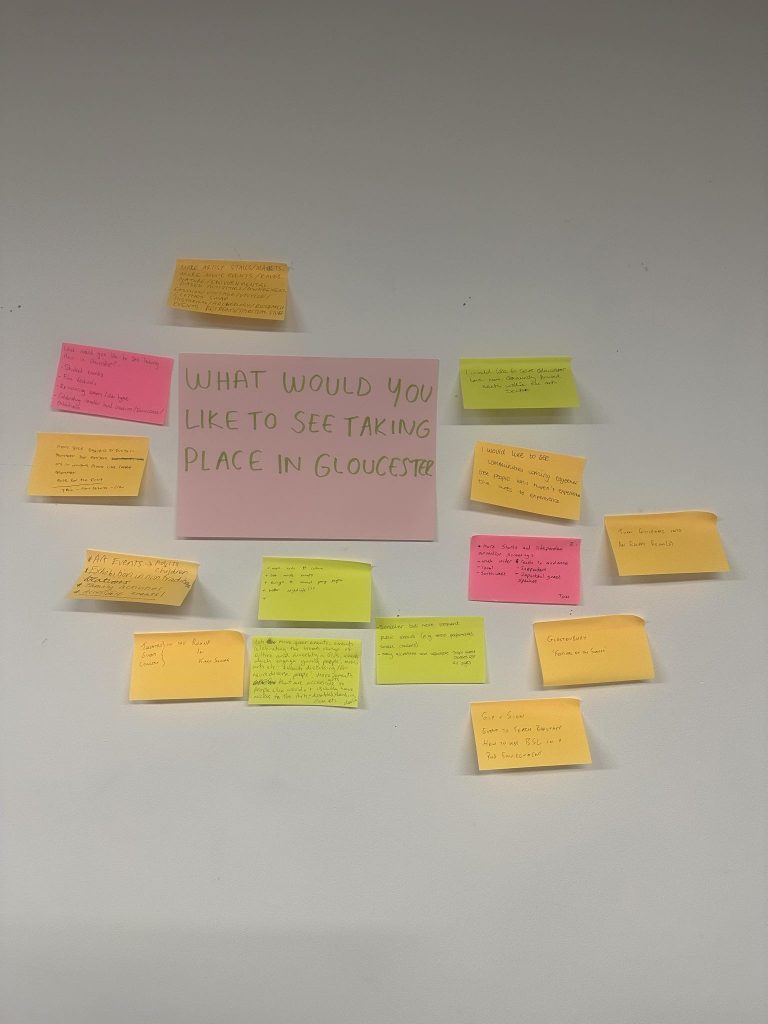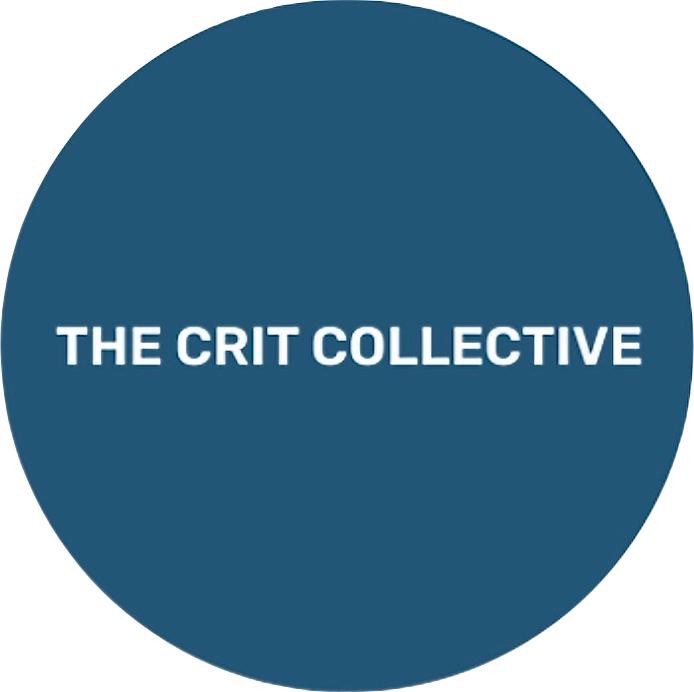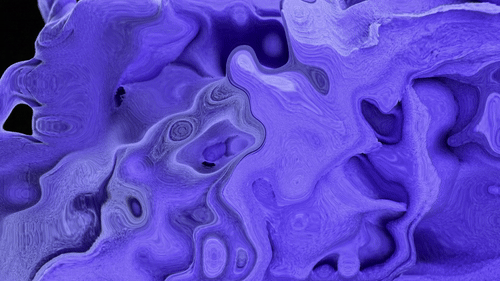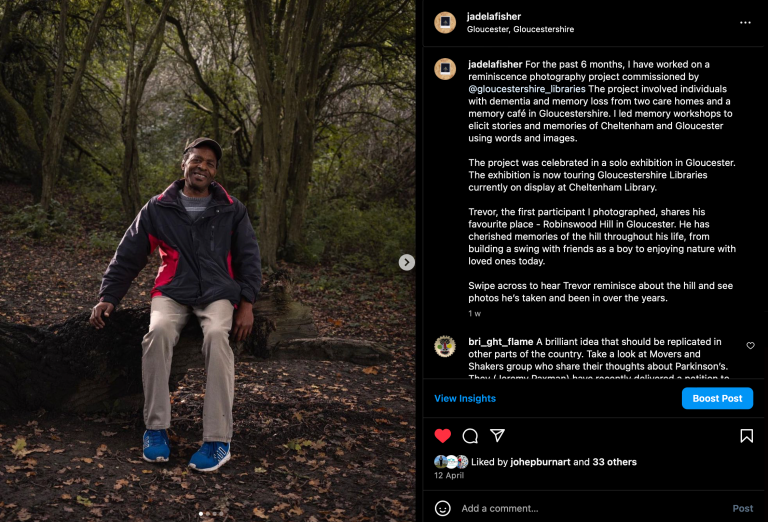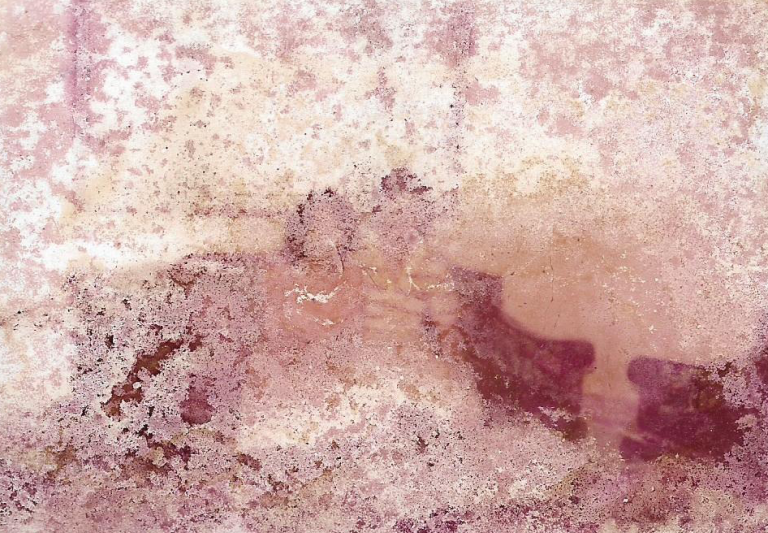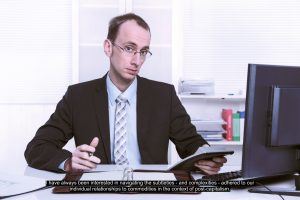
PP: What do you do for a living?
YY: I’m a tax inspector.
PP: What does your job entail?
YY: I guess, essentially, this practice leads me to frequently challenge society’s preconceived notions of ownership, entitlement and right to material wealth. I seek to restructure that – often intangible – idea of material wealth into, almost, new formulas, that allow for further scrutiny.
PP: What inspires you? / What inspired you to become a Tax Inspector?
YY: Ultimately, on a deeper, perhaps more transient level, I have always been interested in navigating the subtleties – and complexities – adhered to our individual relationships to commodities in the context of post-capitalism.
PP: What’s your most notorious piece of work?
YY: The Spreadsheet (2019) is an invitation to participatory artwork where the audience shares their yearly income and expenditure details. This is an individual action yet its repercussions are very much collective, a metaphor for antithesis at the heart of our contemporary society and the challenges of our time.

